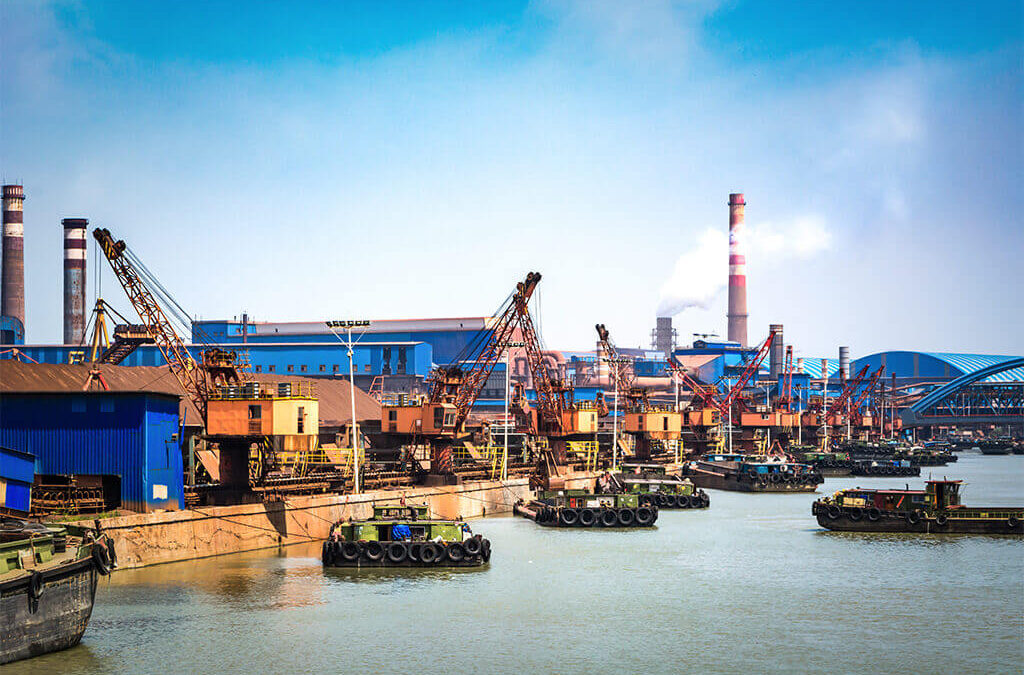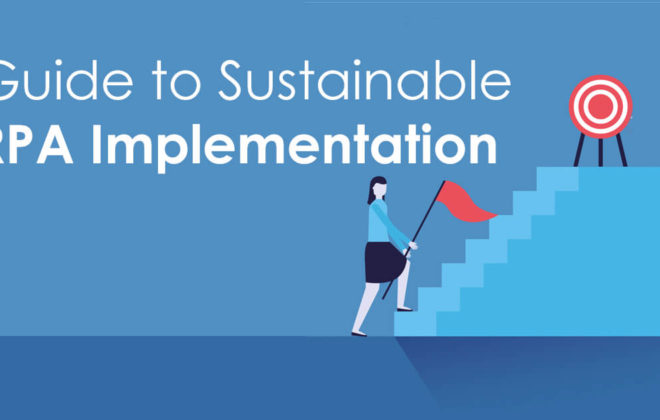Why the Oil and Gas Industry Needs to Automate Now
With so many challenges coming at the oil and gas industry at once, adopting Intelligent Automation (IA) might be the fuel industry needs to survive – and thrive – in the impending age of digital transformation.
Adopting IA in industries with high volatility and risk, such as oil and gas, can lead to savings worth billions. Intelligent automation tools have also allowed industry leaders to better monitor their operations and improve business performance at a rapid pace.
These were the main findings stated in the Intelligent Automation in Oil and Gas 2019 report exclusively released by IQPC. The report also took an in-depth look at how intelligent automation tools can help the industry leaders to reduce operational risk and boost their bottom line.
As a group that has run summits on operational excellence in the energy industry for over a decade, they have seen a spike in registrations in one particular topic area: Intelligent Automation. Their audience range from tech-savvy individuals to vice presidents of operations from the biggest energy companies across the world who wants to understand and leverage on the potential of IA.
A 2017 Statista report shows 84% of business organizations will adopt artificial intelligence, recognizing how integrating automation tools could help them level the playing field and give them a competitive advantage over their rivals just like how global players like Shell, Total and Sinopec are using intelligent robots for ocean exploration and emissions reduction, virtual assistants for customer service and Artificial Intelligence (AI) to reduce downstream manufacturing costs.
Given the situation, authors of the report cited various indications that support why the oil and gas sector has to start digging the opportunities of utilizing intelligent machines.
To debunk a long-running perception about automation, the IA in Oil and Gas report pointed out the April 2019 EY article explaining how most automation tools such as Robotic Process Automation (RPA) are actually rendering more jobs than terminating them. The report found robotics and digital labor as an enabling technology that improves productivity as it helps employees expand their areas of focus by taking over routine transactional tasks.
In addition, autonomous and self-learning systems are becoming more responsible for making safe, critical decisions. IQPC referred to DNV GL’s paper entitled “AI + Safety,” and shed light on automation tools that are being developed to make safety-critical decisions in real-time. Like other sectors, the engineering systems of oil and gas companies have become more and more complex, and mostly controlled by computers. This growing capability of automation bots thus helps mitigate human-related risks in business operations.
Intelligent automation could also be utilized to improve the overall efficiency of an oil and gas company. According to a 2019 EY report “AI the fuel oil and gas needs?” indicated by IQPC, the increased efficiency “will translate to greater predictability in exploration, accuracy in drilling and completions, efficiency in production, reliability in maintenance, throughout refining, and optimization in transportation and distribution.”
The IQPC then quoted Shell’s Daniel Jeavons to explain how integrating IA could help reduce the carbon footprint of the oil and gas industry.
“Artificial intelligence has a huge role to play in energy transformation … AI is essential if we’re going to make our existing carbon sources of energy more efficient – optimization is going to be massive.” Jeavons said.
The report said:
“The oil and gas sector has been faced with extreme price volatility, environmental challenges, an aging, depleted, workforce and a relentless pressure on costs – the perfect storm that has forced the industry to transform.”





